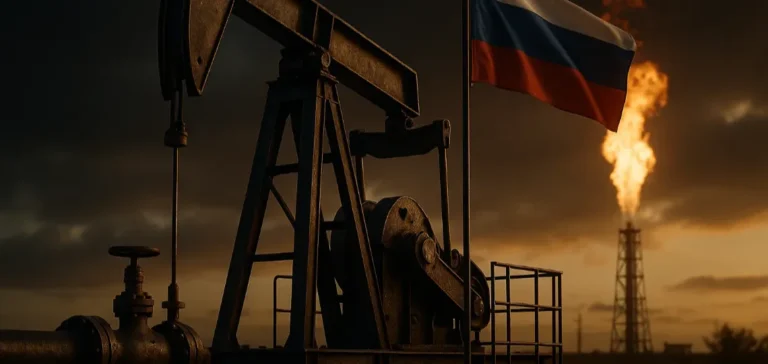The Russian Federation has expanded the adoption of its technological standards in the oil and gas sector to several partner countries in Africa, the Middle East and the Commonwealth of Independent States (CIS), according to the Chief Executive Officer of the Institute of Oil and Gas Technological Initiatives, Nikolay Kuznetsov. At a press conference on strategic directions for the Russian energy sector, he stated that nearly 370 standards have been developed in cooperation with the national scientific and industrial community.
Growing international adoption
Out of this total, 80 standards have already been validated by foreign counterparts, notably in the United Arab Emirates, Algeria and Oman. Kuznetsov noted that this recognition stems from joint work between Russian experts and international partners aimed at harmonising technical requirements. Agreement on these standards ensures greater compatibility of infrastructure and processes used in joint projects.
Towards field application
The initiative is not limited to drafting standards: operational use is also planned. “The work is not only about developing the standards but also about their practical application,” Kuznetsov emphasised. The areas covered include equipment manufacturing, drilling methods, transport and hydrocarbon processing, with the aim of optimising industrial performance and operational safety.
This regulatory development strengthens Russia’s technical position in the oil and gas sector while consolidating its international partnerships. The extension of these standards could facilitate access to new markets and further structure regulatory cooperation with the countries involved.






















